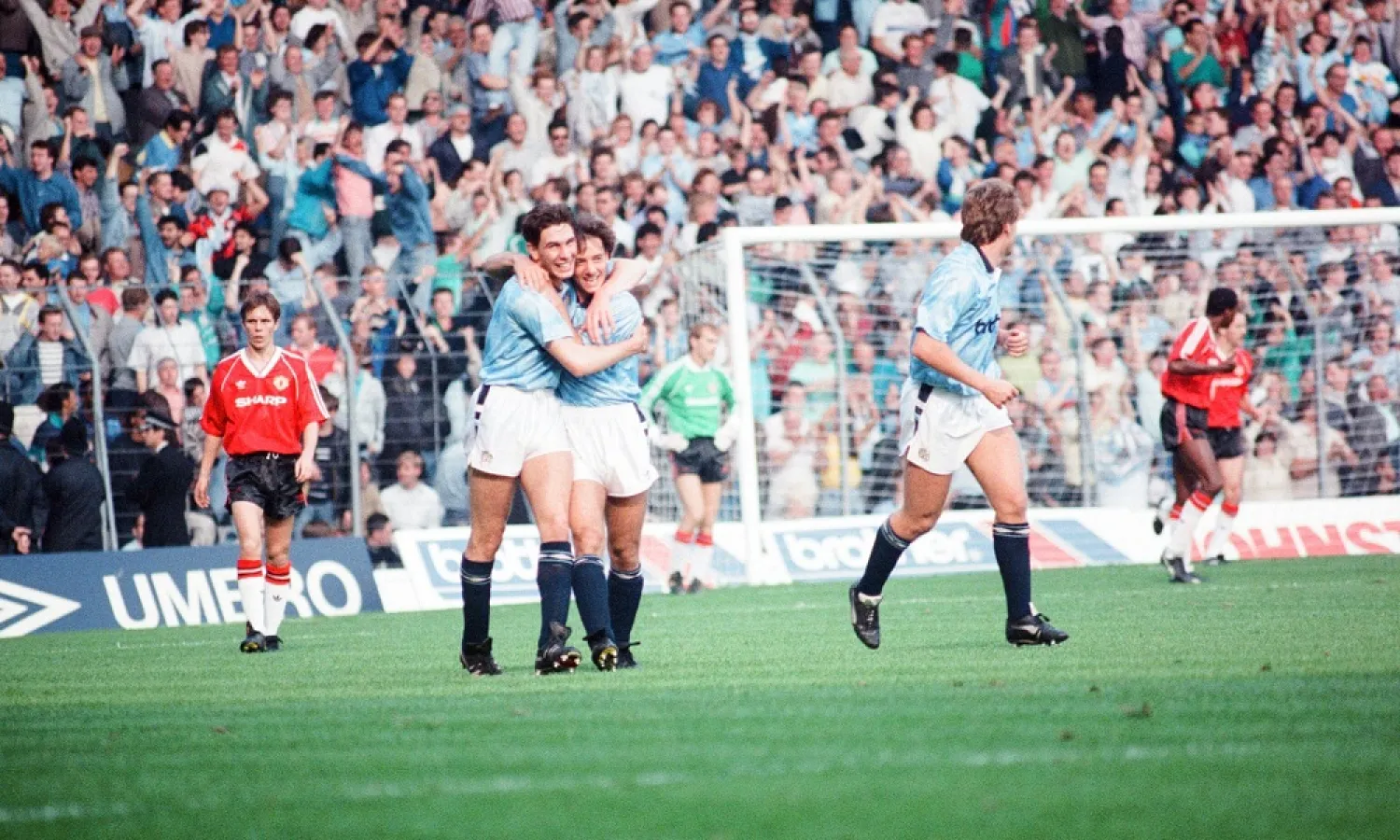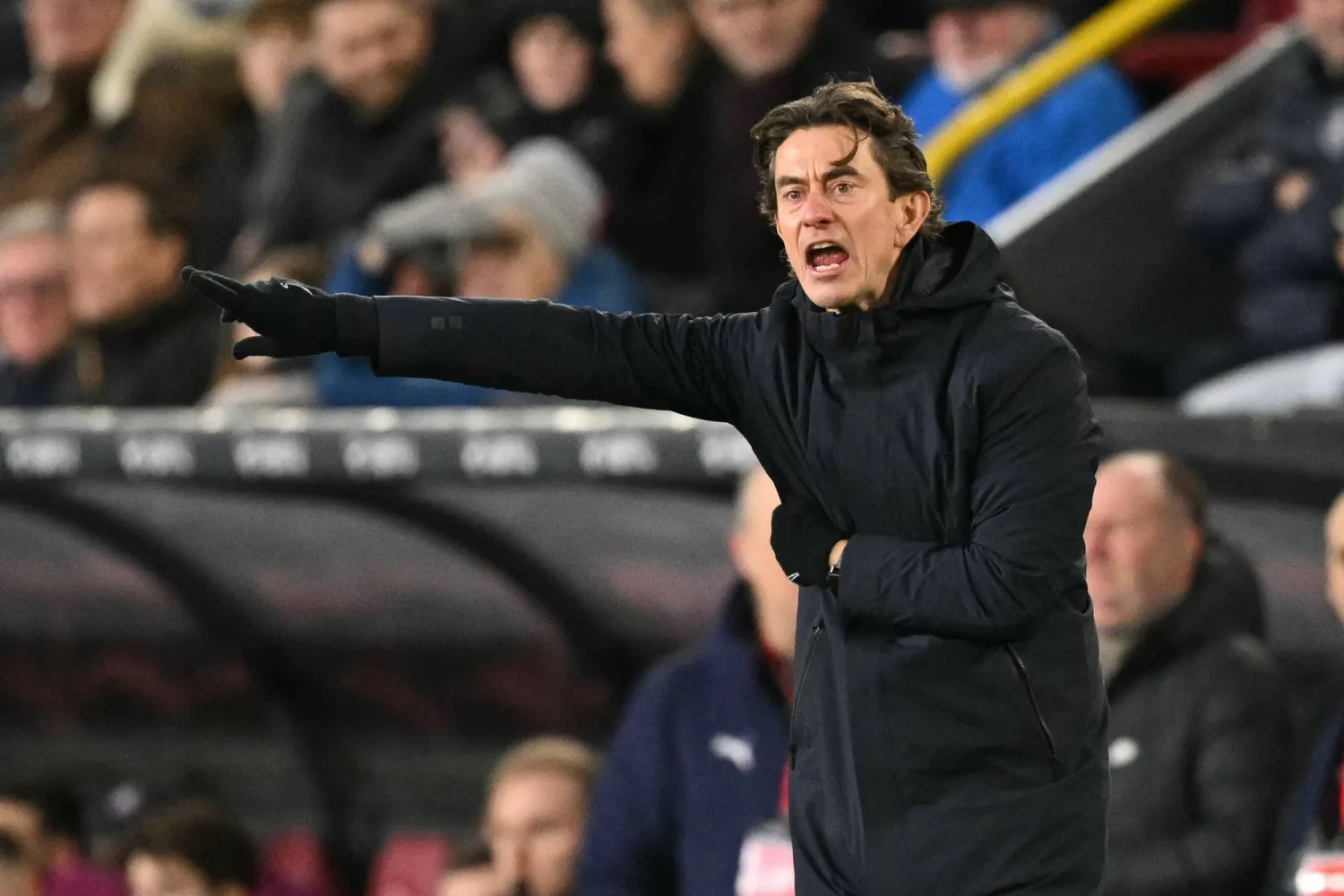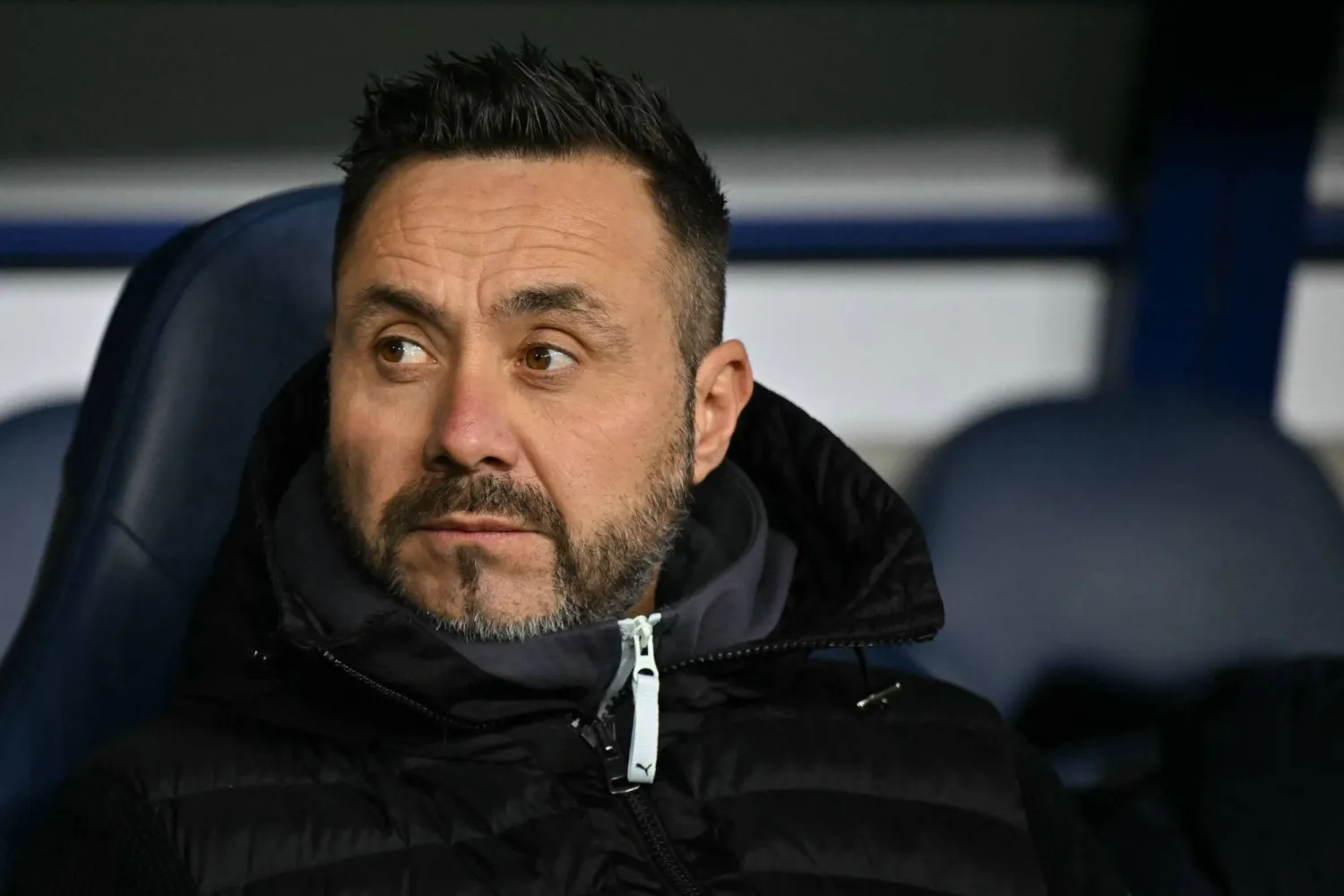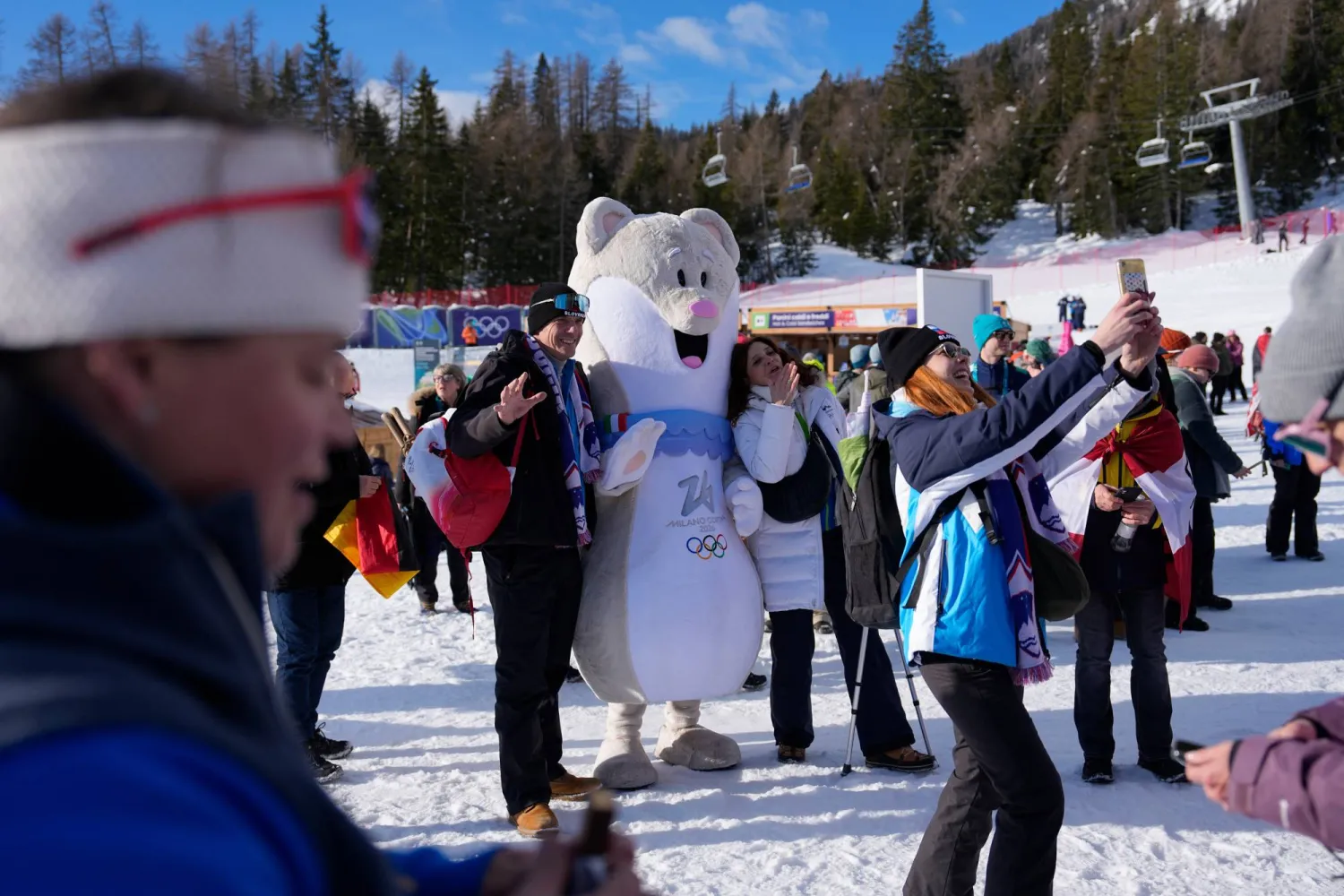When Ole Gunnar Solskjær was appointed Manchester United manager, he wanted to emulate some of Alex Ferguson’s achievements in the job. But mirroring the start of the 1989-90 campaign was probably low down on his list. United’s disappointing 1-1 draw with Arsenal at Old Trafford last week left the club with just nine points from as many matches in the league this season, making this their worst start to a campaign for 30 years. They followed that up with a 0-1 loss to Newcastle on Sunday. The last time they began a season so badly – in 1989-90, when they only picked up seven points in their first nine games – Fergie time seemed to be running out.
Since joining the club from Aberdeen in November 1986, Alex Ferguson had done little to suggest that he would be the man to knock Liverpool off their perch. If anything, he needed to worry about losing his own position. He was backed heavily in the transfer market over the summer months in 1989, with Neil Webb, Mike Phelan, Gary Pallister, Paul Ince and Danny Wallace all joining the club, and the pressure was mounting.
The troubles ahead must have felt far away on the opening day of the season, when Arsenal visited Old Trafford on a gloriously sunny August afternoon. A crowd of 47,245 (their biggest of the season) watched a rampant United side thump the champions 4-1. With debutant Webb scoring a stunner, things appeared to be rosy.
Webb was not the only goalscorer who caused a stir at the Stretford End that day. Before the match, businessman Michael Knighton took to the pitch. The 37-year-old was seemingly on the brink of succeeding Martin Edwards as chairman and was keen to meet the fans. Donning a club tracksuit top and demonstrating some keepie-uppie skills, Knighton basked in the spotlight.
“We had heard about the takeover, but this chap came into the dressing room before the game, introduced himself as the new owner and then asked for a kit,” Webb later reflected. “We thought he just wanted to join in with the warm-up, but I couldn’t believe what I was seeing when he ran on to the pitch and whacked the ball into the net at the Stretford End. It was hilarious, really. Unbelievable.”
Alas, Knighton’s promises to complete a £20m takeover were as empty as the goal he scored before kick-off. Knighton’s plans turned to dust as the weeks progressed – just like United’s form. Results dipped quickly and the pressure on Ferguson grew. With United failing to win any of their next four matches, the manager was criticized in the press for allowing Paul McGrath and Norman Whiteside to leave the club and for replacing them with “expensive misfits”.
United were dominant in their second game of the campaign, away at Crystal Palace, but a last-minute equalizer from Ian Wright denied them three points. The real talk of the club being “in crisis” began after their 2-0 defeat at Derby. “After the sunny start it was back to the grey days,” wrote Clive White in the Times. Losing their next match, 2-0 at home to Norwich, did not help Ferguson’s case. With £2.3m signing Pallister giving away a penalty on his debut and influential skipper Robson limping out, the “woe upon woe for United” headline in the Times was spot on. When Webb ruptured his Achilles tendon while on international duty, Ferguson must have been bemoaning his luck.
The poor run of form continued with a 3-2 reverse at Everton, United’s third league defeat in a row. The result flattered Ferguson’a team. “United are as far as ever from breaking into the circle of power formed almost exclusively by Liverpool,” reflected James Lawton in the Express. Never mind Liverpool; Ferguson had one eye over his shoulder looking at Palace and Charlton. The gloom was lifted temporarily when Robson returned from injury and Mark Hughes scored a hat-trick in a 5-1 demolition of Millwall. Yet any talk of a revival was quickly extinguished a week later in the Manchester derby.
“Alex Ferguson knows what he has to do, he is the man in charge and there is no one working harder to put the situation right,” said Knighton before the trip to Maine Road. What happened on the pitch left many fans wondering about that statement.
Even though Steve Bruce and Robson were missing, United fans were still confident that they would get a result. City had just been promoted and had only won one of their first six games back in the top flight. They were even shorted on confidence than United, and were missing experienced midfielder Neil McNab and £1m signing Clive Allen. But on an unforgettable day for both sets of fans – whose fighting held the match up for eight minutes – United simply imploded.
Their defending was abysmal, with Pallister all at sea. The 5-1 hammering would enter City folklore and it looked increasingly likely that Ferguson would be on his way soon. “From boardroom to dressing room United are showing all the classic signs of a club cracking up,” wrote Harry Harris in the Mirror. After this humiliation it was reported that Ferguson had been given until Christmas to save his job. But, a few days after the derby debacle, he signed a new three-year contract that had originally been offered to him in May.
“It gives me more time to get on with the job,” said Ferguson, but time did not seem to be on his side. United were knocked out of the League Cup in October, their 3-0 defeat to Tottenham at Old Trafford ending one possible route to salvation. Although, in truth, their attention was now fixed on a relegation battle.
Ferguson refused to talk to the press after his side suffered another home defeat, losing 2-0 to Charlton in early November. The press rounded on the manager on his third anniversary at the club. The Express went with the headline “Fergie the Flop” and Colin Gibson was scathing in the Telegraph: “They [the supporters] are fed up with excuses and false dawns. Old Trafford needs success and it needs it quickly, otherwise the pressure Mr. Ferguson has experienced will grow much worse.”
The dissenting voices were growing louder and louder. And then came Crystal Palace at home on 9 December. The game will forever be remembered for the banner displayed by one disgruntled supporter – “Three years of excuses and it’s still crap. Ta ra Fergie” – yet he was not on the only angry fan at Old Trafford that day. Cries of “Fergie out” and “what a load of rubbish” filled the air. “The reaction of our fans after our home defeat by Crystal Palace was the worst I have experienced,” admitted Ferguson.
Edwards, still in charge after Knighton’s failed takeover, backed his man. But the bad results kept on coming. United went 11 league games without a victory – their worst run since the 1971-72 season – and the bookies slashed their odds of being relegated to 5/2.
“I know patience is a word football fans do not like to hear, but that is what United supporters need,” said Manchester City manager Howard Kendall, who had previously been linked to Ferguson’s job. “I am sure he will get it right given time,” added Kendall. How very true. Both Kendall and Ferguson benefited from patient chairman at the time. Whether Solskjær will be afforded the same luxury remains to be seen.
The Guardian Sport









